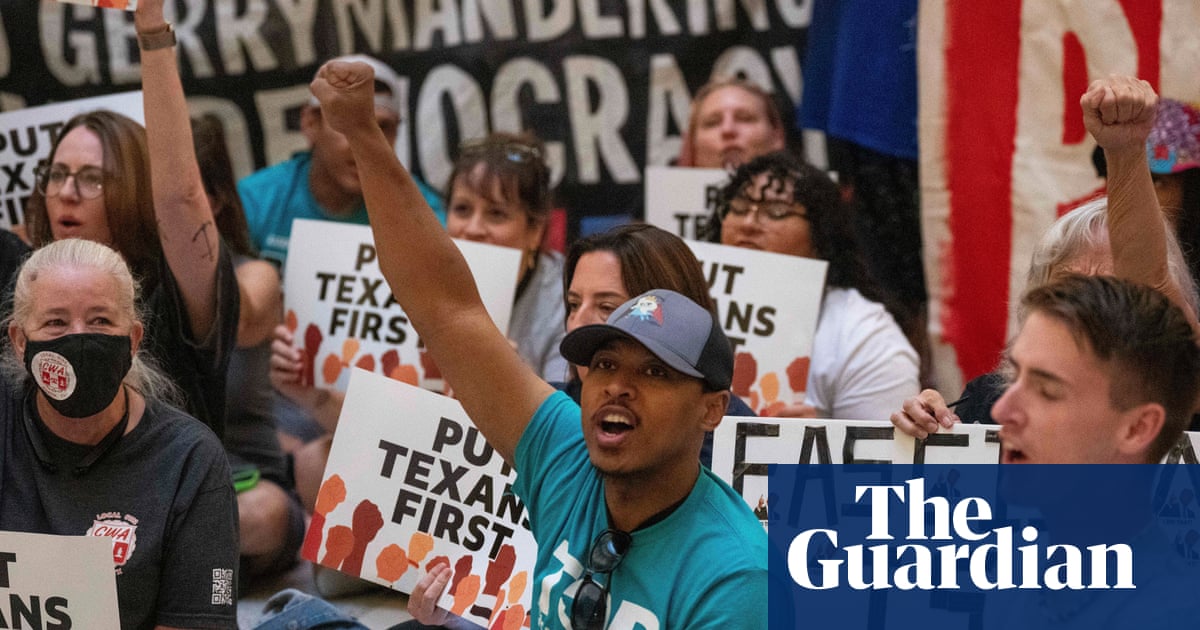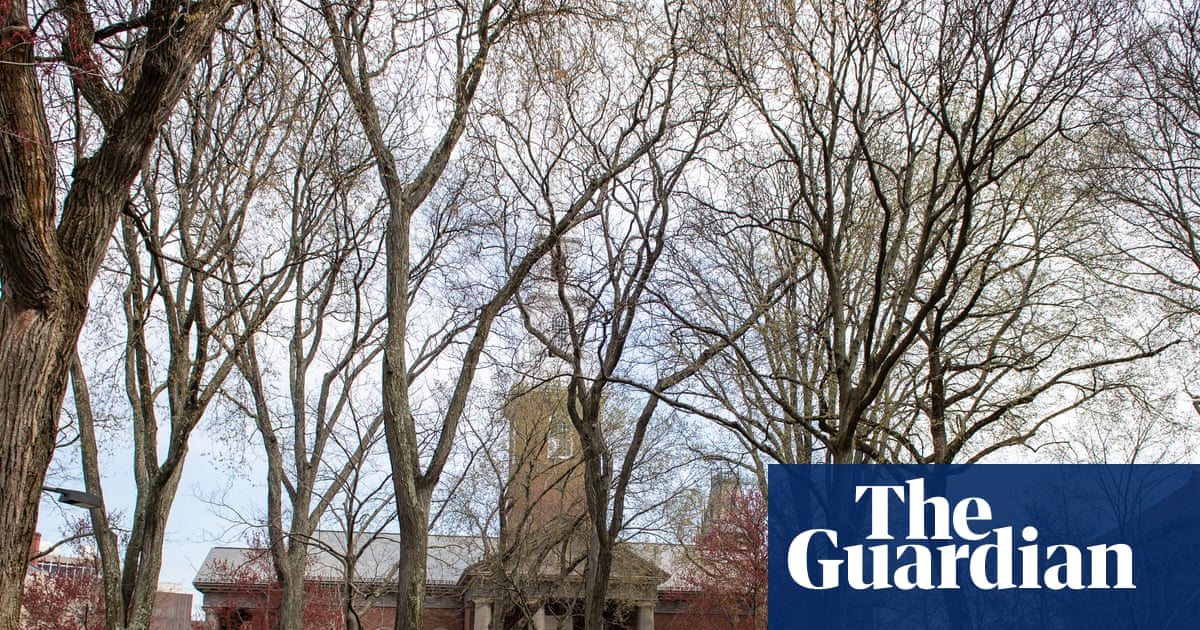LA PAZ, Bolivia (AP) — Voters in Bolivia practically threw the long-governing party out of Congress, a final count released Tuesday showed, after presidential and parliamentary elections this month heralded a tectonic shift in this Andean country.
In a devastating defeat, the Movement Toward Socialism party — which has ruled for much of the last two decades and held a supermajority in both houses of Parliament — lost its 21 Senate seats and all but two of its 75 seats in the lower house of Congress. Centrist and right-wing parties took the most votes.
“These elections really spelled the end of the MAS," said Diego von Vacano, an expert in Bolivian politics at Texas A&M University, using the Spanish acronym for the ruling party. “As a party, as a movement, it’s defunct. This is a new period in Bolivian history.”
The Aug. 17 general election delivered a shocking 32% of votes to centrist Sen. Rodrigo Paz after a campaign dominated by concerns over Bolivia's dire fuel shortages, a scarcity of U.S. dollars and inflation on track to hit 30% this year.
On Oct. 19, Paz will run off against Jorge “Tuto” Quiroga, a right-wing former president who led his coalition to almost 27% of votes, the Supreme Electoral Tribune announced Tuesday.
On the basis of the official numbers, neither Paz’s Christian Democratic Party nor Quiroga’s Libre Party has enough lawmakers to push through their proposals alone, with the CDP taking 70 out of 166 total congressional seats and Libre taking 53.
Crucially, for the first time since Bolivia’s 2002 parliamentary elections, whichever opposition candidate wins will have no trouble gaining leverage in both the 36-seat Senate and the less powerful, 130-seat Chamber of Deputies to enact their plans to resolve the country's worst economic crisis in 40 years.
Businessman Samuel Doria Medina is poised to play kingmaker, with his right-wing Unity bloc capturing a comfortable 35 seats in all. Despite leading opinion polls for weeks, Doria Medina took fourth place in the presidential race, final results revealed.
In third place? Spoiled ballots. Evo Morales, a charismatic former president who was forced out of the MAS party that he founded in the 1990s and barred from running by a court ruling on term limits, had appealed to supporters to cast null-and-void ballots to protest his exclusion.
The only good news for the MAS on Tuesday was that it escaped extinction. A power struggle between Morales, who governed from 2006-2019, and former protégé, President Luis Arce, shattered the party into rival factions and ruined its reputation.
"As soon as Evo left the party, he took out the base of what was the MAS, and you're left with those who supported Arce just to save their jobs in government," von Vacano said.
The MAS party's official candidate, minister Eduardo Del Castillo, captured 3.17% of the total vote, just a hair above the 3% legal threshold needed to persist as a political party in Bolivia and participate in future elections.
“We managed to save the MAS acronym,” Del Castillo said.
The results made Senate President Andrónico Rodríguez, who ran for the People’s Alliance, the sole leftist political force remaining in Congress, with eight seats.
____
DeBre reported from Buenos Aires, Argentina.

 German (DE)
German (DE)  English (US)
English (US)  Spanish (ES)
Spanish (ES)  French (FR)
French (FR)  Hindi (IN)
Hindi (IN)  Italian (IT)
Italian (IT)  Russian (RU)
Russian (RU) 






















Comments